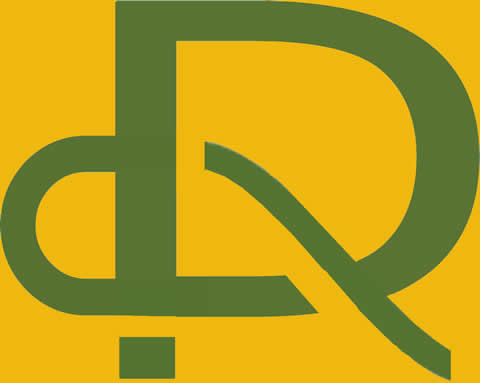

HEALTH INSURANCE COVERAGE
The state has its own Social Health Insurance Scheme called ARAYA, which predominantly targets vulnerable population (children under 5, women of child bearing age and the elderly – 65+). So far, over 25,000 children and pregnant women have been currently enrolled in the state.
REMO SOCIAL HEALTH INSURANCE COVERAGE TARGET
Vulnerable Population (Under 5 Children, Women of Child-bearing Age & The Over 65).
5-Year Target = 50%
General Population 5-Year Target = 25%
10 – Year Target = 50%
CURRENT CONTEXTS & SITUATION ANALYSIS
Our nation continues to suffer a severe dearth of modern health facilities for people of all social status despite the array of human expertise and the material endowment with which God has blessed our nation. Consequently, we have one of the worst health indices in the world with, for example, the life expectancy of Nigerians at 53 years compared to our neighbours, Ghana, where it is 66 years. It is 75 years in war-torn Iraq and 82 years in Canada. Just for being born in Ghana a nation considered our junior partner in the West African sub-region, a Ghanaian has 13 years of longevity over the Nigerian colleague born the same day despite our enormous human and material wealth compared with Ghana. Successive Nigerian governments at every level have spectacularly failed to provide or maintain health care structures and unless the communities like ours and the private sector step in with substantive plans to bring about change and reverse the ugly trends that we are currently experiencing, we can only expect that things will get worse. Ugly trends like the poor life expectancy mentioned above and an even uglier maternal mortality rate (number of women dying during childbirth) of 630 per 100,000 compared to Ghana (350/100000), South Africa (300/100000), and Canada (12/10000), is telling on our collective responsibility both as a nation and community that should care.
Remoland has 512,000 people with about 310,000 living in Sagamu according to Wikipedia. It is interesting to note that more people live In Remoland geographically designated as Lagos state. The basic healthcare needs of Remo dwellers like that of other Nigerians is lacking evident by damning National Statistics which has our life expectancy of 53 years.
Our people and community have for too long depended on government to provide care and the intersectoral facilities that make healthcare work and it
is obviously time that we as a community look inward to supplement what the government is doing or in most cases lack. The issues of our very poor healthcare are not just a problem for the poor, it is a terrible menace to the affluent and powerful also. When the most powerful in our midst succumb to diseases that are eminently screen-able and treatable like Breast and Colon cancer because we did not do our due diligence, the weak and the mighty fall prey.
The healthcare system in Ogun state is made up of a 3-tier system – the Primary, Secondary and Tertiary healthcare levels. The health systems are further divided into various zones which include – Remo zone, Ijebu zone, Egba zone and Yewa zone.
Approximately 60% of the population in Ogun state patronise the private hospitals, which means the private sector contributes the largest to healthcare services within the state. However, the government has the overall regulatory responsibility for healthcare delivery in the state.
Remo land is made up of three local governments, namely Sagamu, Remo North and Ikenne Local Governments, with an estimated 42 primary health centres. The Secondary healthcare facilities include – Ishara State Hospital, Iperu General hospital, Ilishan General hospital and Ikenne General Hospital. The only tertiary hospital in Ogun State is situated in Remo, Olabisi Onabanjo Teaching Hospital, Sagamu. These are all public-sector healthcare facilities. Ilishan Remo also boasts of a missionary quasi-private tertiary hospital, Babcock University Teaching Hospital. Remoland is endowed when it comes to healthcare services provision, particularly for tertiary care services.
In addition, there are several private hospitals in all the three local governments and Local Community Development Areas (LCDAs) in Remo that also provide secondary care services. There are also private Community Pharmacies, Proprietary Patent Medicine Vendors (PPMVs), Traditional Medicines, Missionary Hospitals, Pharmaceutical companies (manufacturers & importers) and Pharmaceutical wholesalers – all components of comprehensive healthcare service provision in Remo Land.

